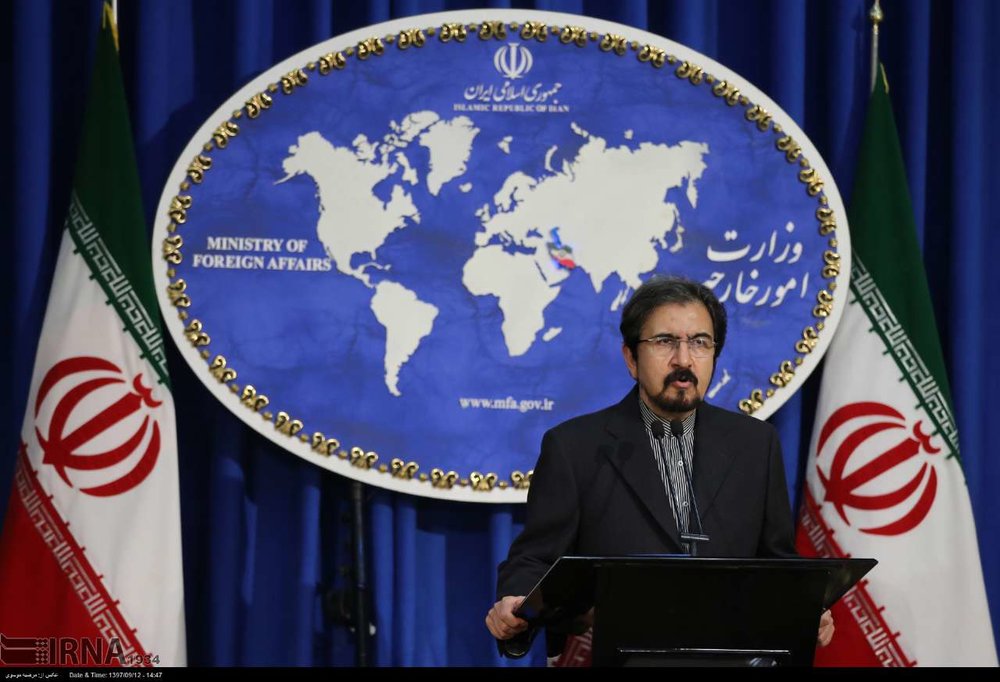Tehran says Saudi Arabia, UAE have monopolized PGCC

TEHRAN – The Iranian Foreign Ministry on Monday indirectly slammed Saudi Arabia and the UAE for turning the Persian Gulf Cooperation Council into a body to express their own views.
“In practice, the Persian Gulf Cooperation Council has turned into a front for proclaiming the policies of a few of its members, and takes stances at the expense and in the name of all members, which do not help regional peace and stability in any way,” its spokesman Bahram Qassemi said in a statement.
Chairing the 39th (P)GCC summit in Riyadh on Sunday, Saudi King Salman bin Abdulaziz claimed that Iran is continuing to promote terrorism and threaten regional stability. He also accused Iran of pursuing aggressive policies and interfering in the internal affairs of other countries.
Salman called on all the council’s states to work with international partners to maintain regional and global security and stability, and to insist on achieving full and adequate guarantees towards Iran’s nuclear program.
“Positions announced in the PGCC meeting do not reflect the stance of all members.”
Qassemi called Salman’s accusations against the Islamic Republic “baseless” and expressed regret about the continuation of the council’s “unconstructive approach” toward Iran.
The Foreign Ministry spokesperson added that the council can use its potential to dispel internal and external misunderstandings and differences by adopting an “independent and logical” approach, but instead, it is “shamelessly lauding the divisive policies of certain extra-regional countries.”
Iran believes that the positions announced during the Riyadh summit do not necessarily reflect the stance of all the council's members, he said.
“Saudi Arabia's failure to achieve its goals at the meeting can be seen in the contradiction between the text of the [final] statement and the practical approach taken by some members towards the Islamic Republic of Iran,” Qassemi pointed out.
He emphasized that certain members of the council have a correct understanding of Iran's neighborhood policy, the regional realities and the requirements of good neighborliness, and have always been a pioneer in reducing misunderstandings.
SP/PA
Leave a Comment